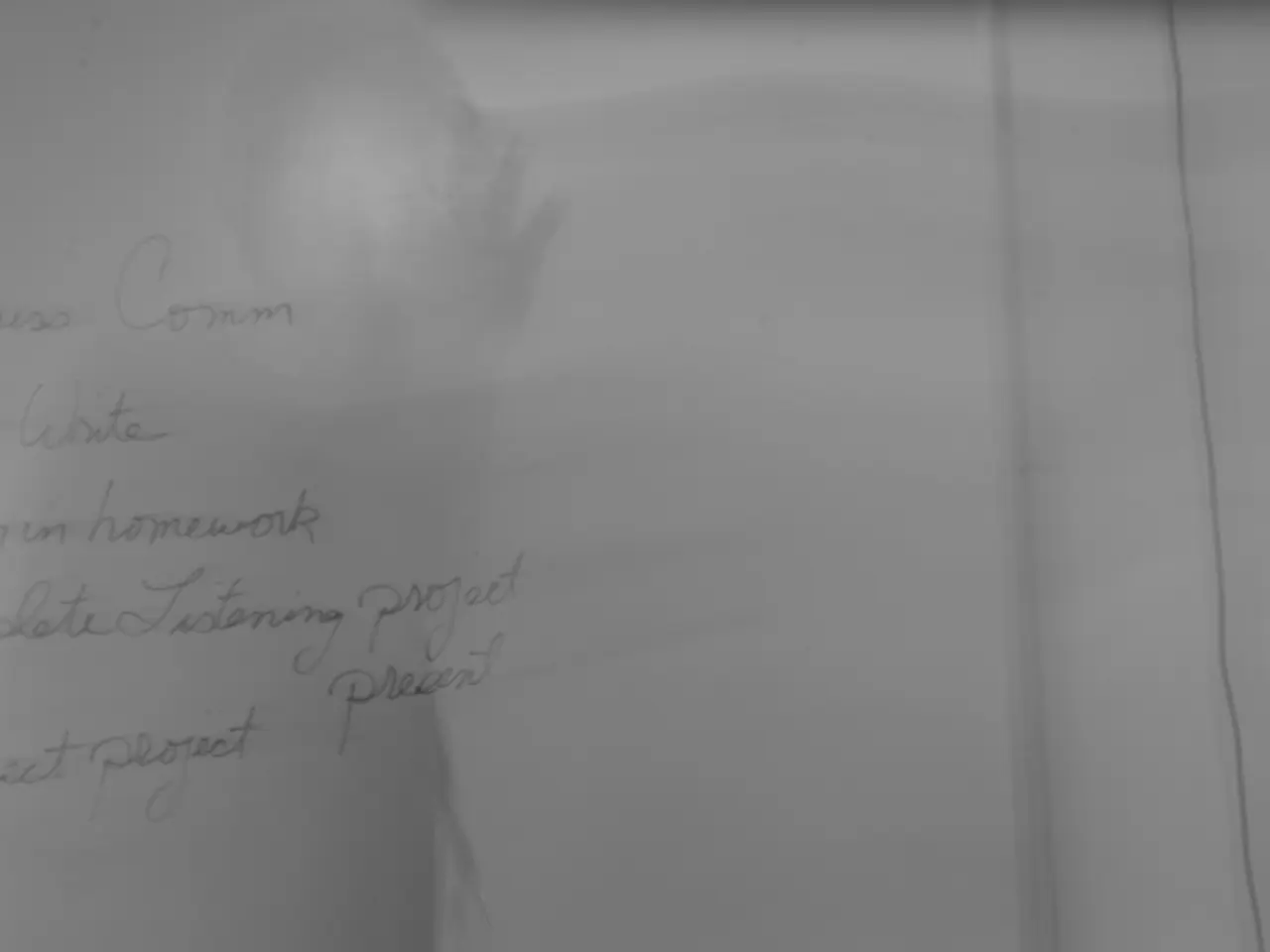Advancements or minor alterations? Restructuring within the Ukrainian government
In an unexpected move, Ukraine's parliament has approved the resignation of Prime Minister Denys Shmyhal and the subsequent dissolution of the cabinet. The following article explores the constitutional and political ramifications of this government reshuffle, which has taken place under the ongoing martial law in the country.
## Constitutional and Legal Framework
The Ukrainian law generally restricts dismissing the cabinet during martial law without legislative changes. However, the Constitution does not explicitly prohibit changes to the Cabinet of Ministers during martial law. Consequently, the validity of the reshuffle hinges on the interpretation of these laws.
President Volodymyr Zelenskyy played a significant role in the reshuffle, bypassing the conventional process by publicly proposing Yulia Svyrydenko for the prime minister position. This move has been viewed as an assertion of presidential authority, raising questions about the circumvention of the usual parliamentary process.
## Political Context
The ongoing war with Russia has resulted in a significant centralization of power in Ukraine. The political landscape is dominated by the executive branch, with little political competition due to the suspension of elections under martial law. This has led to the reshuffle being primarily an internal realignment of trusted figures rather than a shift in control or direction.
## Public Perception and Support
Despite these changes, public support for President Zelenskyy remains high, though it has been reported to be lagging behind other prominent figures like Valeriy Zaluzhniy, the former top military commander. The reshuffle is seen as a continuation of the current wartime policies rather than a change in direction.
## Opposition Concerns
The opposition and some political observers are concerned about the consolidation of power by the president and his office. This, combined with the lack of political competition, raises questions about the balance of power and the role of the cabinet in decision-making.
Article 10 of the rules on martial law states that while it is in force, the authority of the parliament, ministries, and other executive agencies may not be terminated. However, the recent reshuffle has called this provision into question.
In conclusion, while the reshuffle does not violate the Constitution outright, it has raised concerns about the concentration of power and the reduced role of the cabinet in decision-making. The reshuffle is seen more as a tactical alignment within the existing power structure rather than a significant shift in governance or policies.
- The government reshuffle in Ukraine, occurring under martial law, has brought international scrutiny to the policy-and-legislation framework, given the usual restrictions on dismissing the cabinet during such situations.
- Amidst public speculation and opposition concerns, the Ukrainian economic landscape will be closely monitored, given the potential impact of the political changes on general-news headlines.
- In the realm of Ukrainian politics, President Volodymyr Zelenskyy's assertion of presidential authority in the reshuffle has sparked debate about the balance of power in Ukraine's international relations.
- As the cabinet dissolves and Yulia Svyrydenko takes over as prime minister, matters of policy-and-legislation, economics, and politics will be shaped by this new group of trusted figures, potentially shifting the direction of the ongoing conflict with Russia.






